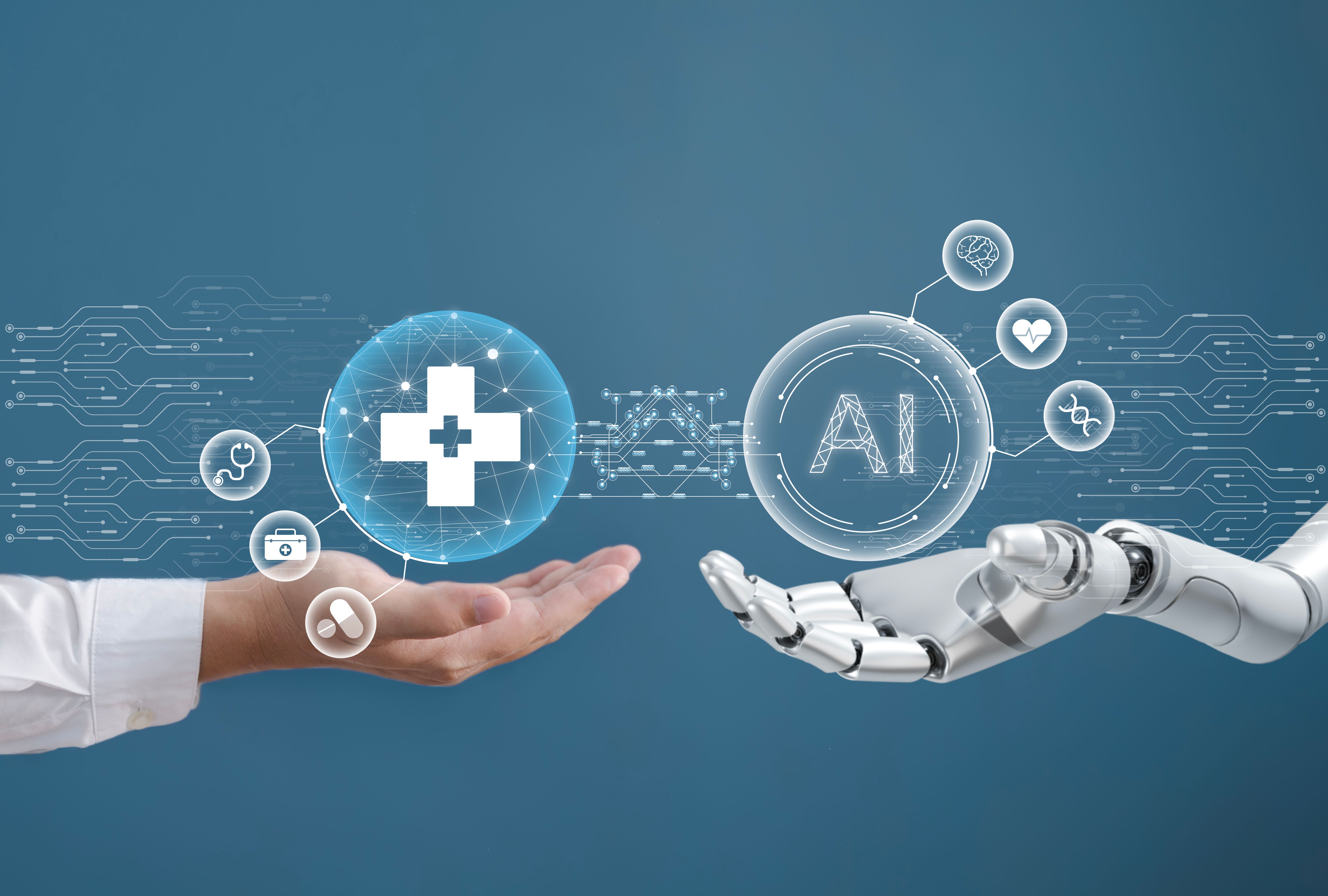The Rise of AI in Global Healthcare Systems
The Integration of AI in Healthcare Systems
In recent years, the integration of artificial intelligence (AI) in global healthcare systems has seen a significant rise. This transformation is not just a trend but a necessary evolution to meet the growing demands of a rapidly expanding population. From enhancing diagnostic accuracy to streamlining administrative processes, AI is reshaping the medical landscape.
Healthcare institutions are increasingly embracing AI technologies to improve patient outcomes and reduce operational costs. By automating routine tasks and providing data-driven insights, AI enables healthcare professionals to focus more on patient care and less on administrative duties.

Revolutionizing Diagnostics
One of the most promising applications of AI in healthcare is in diagnostics. AI algorithms can analyze medical images with remarkable precision, often surpassing human capabilities. For instance, AI-powered tools can detect anomalies in X-rays and MRIs, facilitating early diagnosis of diseases such as cancer. This not only improves the chances of successful treatment but also significantly reduces the strain on healthcare resources.
Moreover, AI systems can process vast amounts of data from various sources, including patient history and genetic information, to provide personalized treatment plans. This level of customization ensures that patients receive the most effective therapies based on their unique profiles.

Enhancing Patient Care
AI is also instrumental in enhancing patient care through virtual health assistants and chatbots. These tools offer 24/7 support, answering queries, scheduling appointments, and even monitoring patient health remotely. Such innovations empower patients to take charge of their health while reducing the need for frequent hospital visits.
Remote monitoring systems equipped with AI can track vital signs and alert healthcare providers to any concerning changes. This proactive approach allows for timely interventions, thereby improving patient outcomes and reducing hospital readmissions.
Streamlining Administrative Functions
Beyond clinical applications, AI is transforming the administrative side of healthcare. By automating billing, appointment scheduling, and record management, AI reduces the burden on administrative staff, allowing them to focus on more critical tasks. This efficiency not only saves time but also minimizes human errors that can lead to costly consequences.

Additionally, AI-driven analytics can help healthcare organizations optimize their operations by identifying patterns and predicting future trends. This data-driven approach aids in resource allocation, ensuring that facilities are adequately staffed and equipped to handle patient needs.
Challenges and Ethical Considerations
Despite its potential, the rise of AI in healthcare does come with challenges. Concerns about data privacy, algorithmic bias, and the need for regulatory frameworks are critical issues that must be addressed. Ensuring that AI systems are transparent and accountable is paramount to maintaining trust in these technologies.
Furthermore, there is a pressing need for collaboration between technology developers, healthcare professionals, and policymakers to create ethical guidelines that govern the use of AI in medicine. By addressing these concerns proactively, we can harness the full potential of AI to benefit global healthcare systems.
In conclusion, AI's rise in global healthcare systems is a transformative force that holds the promise of improved patient outcomes, enhanced operational efficiency, and personalized care. As we navigate this new frontier, it is essential to balance innovation with responsibility to ensure a healthcare future that is both advanced and equitable.